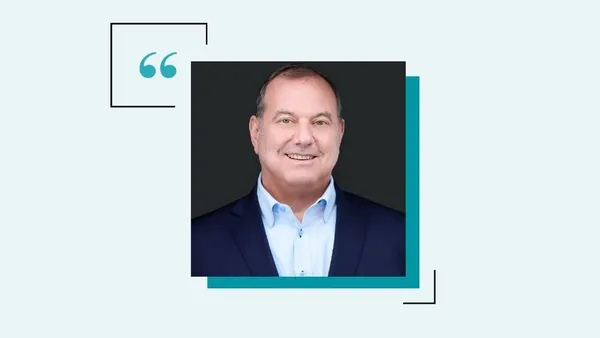The Securities and Exchange Commission charged the former chief financial officer of 1 Global Capital with defrauding retail investors.
Regulators said the now bankrupt Florida-based cash advance company, where Alan Heide was CFO, fraudulently raised more than $322 million between 2014 and 2018.
Chief executive officer Carl Ruderman was also previously charged with fraud. Henry Wieniewitz, of Wieniewitz Financial, was charged with unlawfully offering and selling securities of 1 Global.
According to the SEC’s complaint, 1 Global promised investors profits from its short-term cash advances to businesses, but the company used substantial investor funds for other purposes, including paying operating expenses and funding Ruderman’s lavish lifestyle.
The SEC alleges that for nine months, Heide regularly signed investors’ monthly account statements that he knew overstated the value of their accounts and falsely represented that 1 Global had an independent auditor that had endorsed the company’s method of calculating investor returns.
“Heide’s misrepresentations gave false comfort to investors, allowing them to be duped to invest in 1 Global’s securities,” said Eric Bustillo, the director of the SEC’s Miami regional office. “We allege that as 1 Global’s CFO, Heide played a significant role in 1 Global’s fraud by overstating the value of investors’ accounts and their rates of return and falsely representing the role of an auditor.”
Ruderman and Wieniewitz have consented to final judgments.
Under the judgement against Ruderman, he was held liable for disgorgement of approximately $32 million and a civil penalty of $15 million. He also agreed to turn over approximately $750,000 in cash and a 50% stake in his condominium.
Heide settled the SEC’s charges without admitting or denying the allegations and agreed to be subject to an injunction, with the court to determine the penalty amount at a later date.
The U.S. Attorney’s Office for the Southern District of Florida also announced criminal charges against Heide.
According to a court filing, the fraudulent scheme led to a shortfall of $50 million in company funds by June 2018. The shortfall was covered up by new investor money that was used to pay earlier investors. More than a third of the investors had invested their retirement funds.
If convicted, Heide faces a maximum sentence of up to five years in prison and a fine up to $250,000 or double the gross proceeds of the offense.
Ruderman has not been charged with federal crimes.













